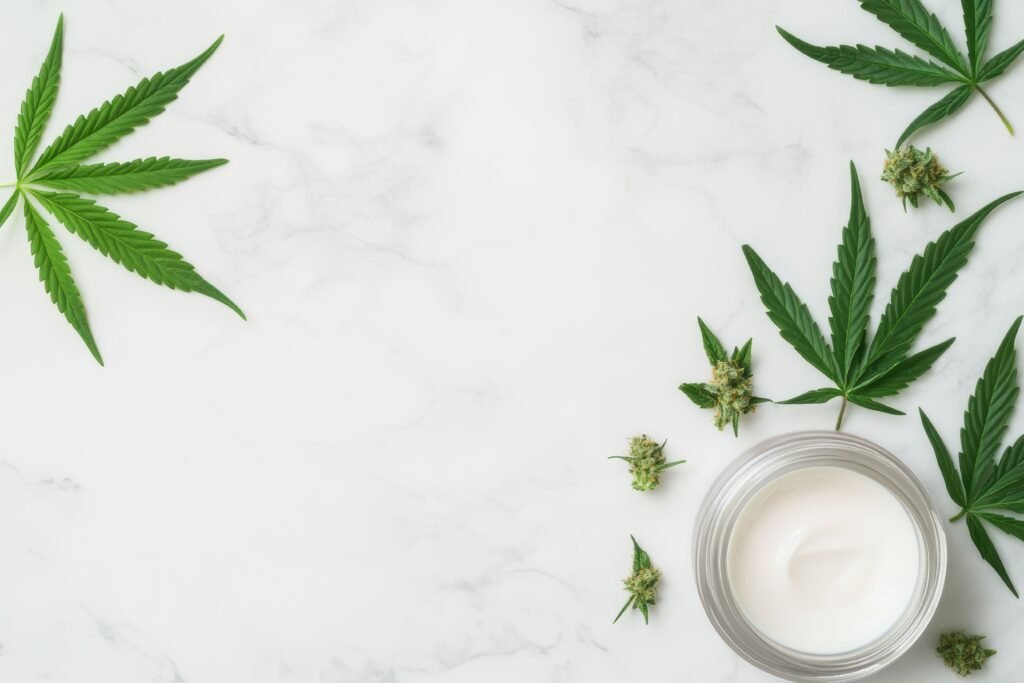Unlocking the Potential of CBD: A Comprehensive Guide to Cannabidiol in Skin Care
Focus Keyword: CBD Skin Care
As the beauty industry evolves, CBD skin care products are rapidly gaining traction, with projections estimating the market could reach $1.7 billion by 2025. This surge raises an important question: Are consumers investing wisely in these products or squandering their resources?
What is CBD?
Cannabidiol (CBD) is a naturally occurring compound derived from the Cannabis sativa plant. This family includes both hemp and marijuana. Unlike marijuana, hemp contains high levels of CBD with almost negligible amounts of THC (delta-9-tetrahydrocannabinol), the psychoactive component found in marijuana. Hence, most CBD used in skin care is extracted from industrial hemp.
Are CBD Skin Care Products Legal?
Yes, CBD skin care products are indeed legal in the United States. The 2018 Farm Bill effectively removed hemp from the legal definition of marijuana, making hemp-based CBD products that contain less than 0.3% THC federally permissible. While CBD products with higher THC levels may be legally ambiguous, certain state laws permit them, although federal enforcement is infrequent.
Hemp Seed Oil vs. CBD Oil: What’s the Difference?
It’s crucial to distinguish between hemp seed oil and CBD oil:
- CBD Oil: Extracted from the leaves and flowers of the hemp plant and boasts a lighter texture.
- Hemp Seed Oil: Derived from the seeds of the Cannabis sativa plant, this oil has a much greasier consistency.
Finding Safe CBD Skin Care Products
Choosing safe products is essential, especially since many CBD items are made by smaller companies. Consider the following tips:
- Verify THC Levels: Ensure products contain no more than 0.3% THC.
- Look for Third-Party Testing: Check for evidence of potency and safety.
- Certificates of Analysis: These documents should confirm tests for heavy metals, microbes, and pesticides.
- Manufacturer’s Record: Ensure that the company has a clean history with no FDA warning letters.
Understanding CBD Terminology
To navigate the world of CBD skin care effectively, familiarize yourself with these terms:
- Isolate: This refers to CBD products that contain pure, crystallized CBD with no THC.
- Broad-Spectrum: These products have minimal THC content and include various cannabinoids, terpenes, and flavonoids without exceeding state limits.
- Full-Spectrum: Contains mostly CBD along with other cannabinoids, including THC at low levels (1% or less), which is generally non-psychoactive.
Dermatological Benefits of CBD
The human body is equipped with an intricate endocannabinoid system crucial for maintaining homeostasis. Disruptions in this system are thought to contribute to various dermatological issues. Here are some potential benefits of CBD:
- Sebum Regulation: CBD may help reduce sebum production, improving acne outcomes due to its anti-inflammatory properties.
- Anti-Inflammatory Effects: It may alleviate redness associated with conditions like eczema and psoriasis.
- Skin Hydration: CBD acts as an occlusive moisturizer, potentially enhancing skin hydration.
Challenges in CBD Delivery
Despite its promising benefits, effective delivery of CBD into the skin can be complicated. Due to its molecular weight (314.46 Da), much of the CBD applied topically may remain on the skin’s surface unless a specialized carrier system is employed.
Conclusion
With the rising popularity of CBD skin care products, understanding their legal landscape, distinguishing them from hemp seed oil, and being aware of the benefits and safe options available can empower consumers. By making informed decisions, patients can tap into the potential benefits of CBD while minimizing waste in their skincare routines.
For further reading, learn more about the legal implications of CBD through resources such as the Farm Bill document or explore the dermatological insights offered by American Academy of Dermatology for deeper understanding.
Stay informed and assess your choices carefully to ensure that you’re making the most of your investment in CBD skin care.


